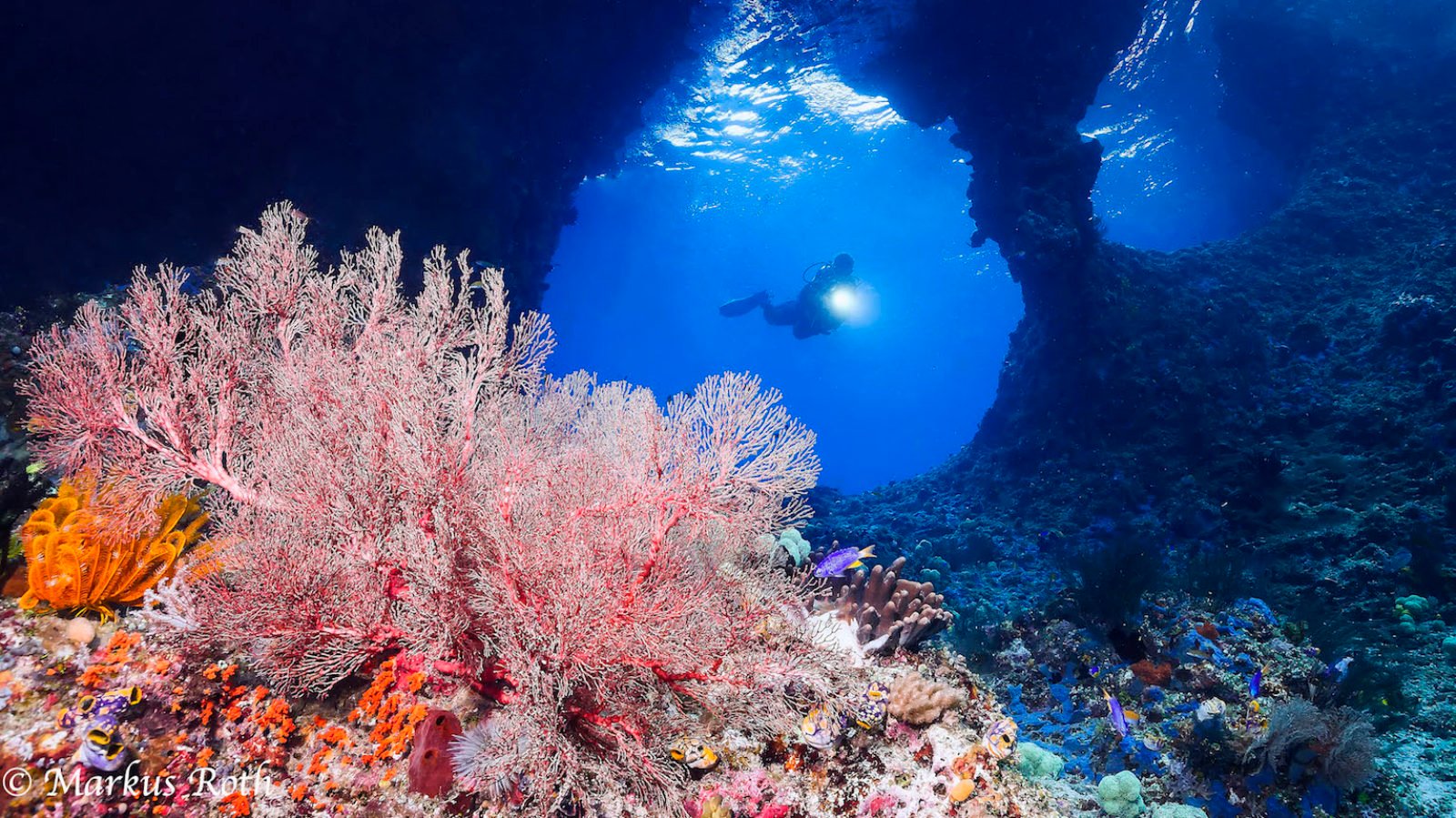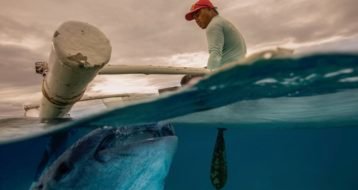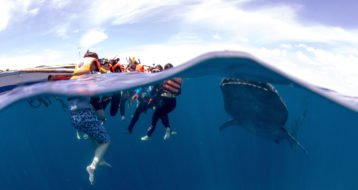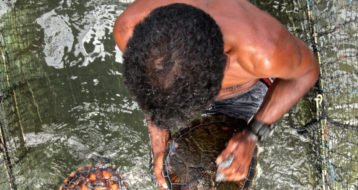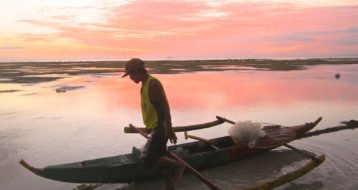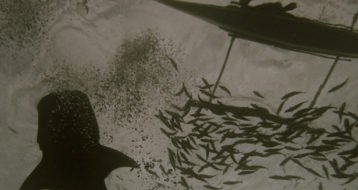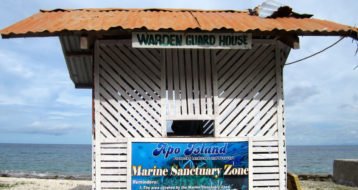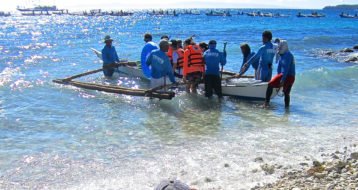what all this means
The dive tourist’s research uses the most widely accepted model for the conservation of coral reefs, integrated coastal management, to solve the problems of conserving coral reefs and reducing destructive fishing around dive sites (many of which are in marine protected areas) faced by dive operators all over the tropical world. How do you conserve coral reefs, reduce destructive fishing and provide livelihoods for fishers and communities who rely on coral reefs for food and income security at the same time? The dive tourist’s research provides fresh answers to these previously unsolved questions and produces a best practice model of sustainable dive tourism.
The dive tourist’s best practice model of sustainable dive tourism, derived from research, introduces dive tourism as a private sector participant in the conservation of coral reefs. The model creates a clear picture of what best practice dive tourism is and sets out what dive tourism needs to do to conserve coral reefs and marine resources, provide livelihoods and reduce destructive fishing. The model will be used to influence;
- dive tourists – in consumer choice of dive tourism operators who are conserving the coral reefs and marine resources they dive on;
- dive operators – in how to manage their dive business to conserve coral reefs and marine resources;
- marine protected area managers – in how to including dive tourism as a real partner in the conservation of coral reefs; and
- donors to coral reef conservation projects – in achieving their dual goals of conserving coral reefs and marine resources and alleviating the poverty of local fishers.
The dive tourist’s research has been conducted with local counterparts in each country, working with governments, universities and NGOs to build local capacity to research and implement findings. The dive tourist’s best practice model of sustainable dive tourism is destined to set anew world standards for what sustainable dive tourism really means and how to do it.

Professor Jamaluddin Jompa, Dean of the Marine Science and Fisheries, Universitas Hasanuddin, Indonesia and Faculty


